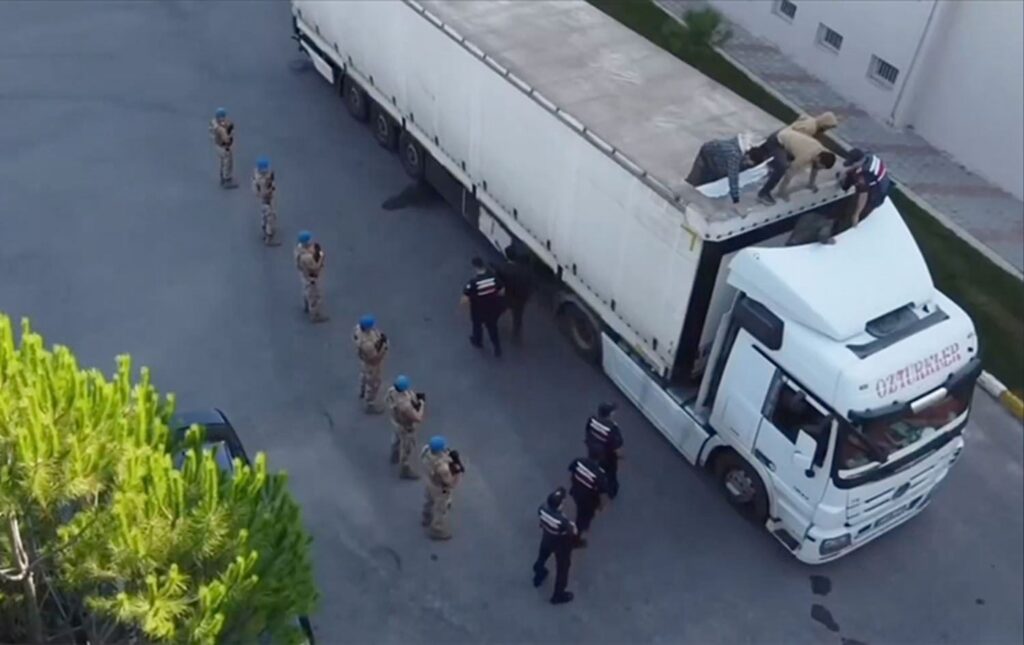
ERBIL, Kurdistan Region – Turkey’s interior ministry on Tuesday announced that it has detained 200 individuals in the past month over human trafficking charges while apprehending over 4000 “irregular” migrants.
“In continuous operations carried out by the Gendarmerie over the past month across 81 provinces, 200 migrant smuggling organizers and 4,040 irregular migrants were apprehended,” Turkish Interior Minister Ali Yerlikaya said on X.
Yerlikaya said that 82 of the smugglers were arrested, and 31 others were referred to the judiciary, adding that the Turkish security forces also took over 107 vehicles used in human trafficking and smuggling migrants.
“The captured irregular immigrants were handed over to the Provincial Directorate of Immigration Management, and deportation procedures were initiated immediately,” said Yerlikaya.
No information was provided regarding the nationality of the migrants.
Turkey is a popular destination among migrants from the Middle East and several central and southern Asian countries who want to relocate to or use it as a transit destination to reach Europe.
Roughly 3.2 million Syrian refugees who fled war are currently residing in Turkey and have been granted temporary protection status, according to the Turkish Presidency of Migration Management. The country is also a hotspot for migrants and refugees from the Middle East and Central Asia.
According to a January report from the International Organization for Migration (IOM), Turkey was the home of over 296,685 refugees and asylum seekers in 2023, most of who were from Iraq, Afghanistan, Iran, and Ukraine.
Ankara occasionally organizes crackdowns on human traffickers and irregular migrants. In April, Yerlikaya announced that the security forces detained over 1000 migrants in four days during the Eid holidays.
In 2016, Turkey and the EU signed a multi-billion euro deal to contain a wave of migration towards Europe. Under the deal, Ankara agreed to stop people from traveling irregularly to Europe and to accept asylum seekers rejected by the EU.

